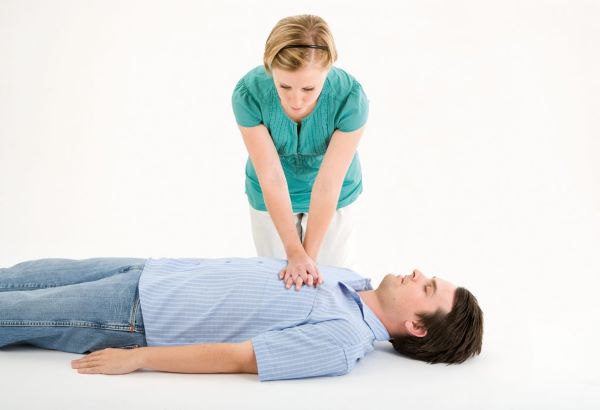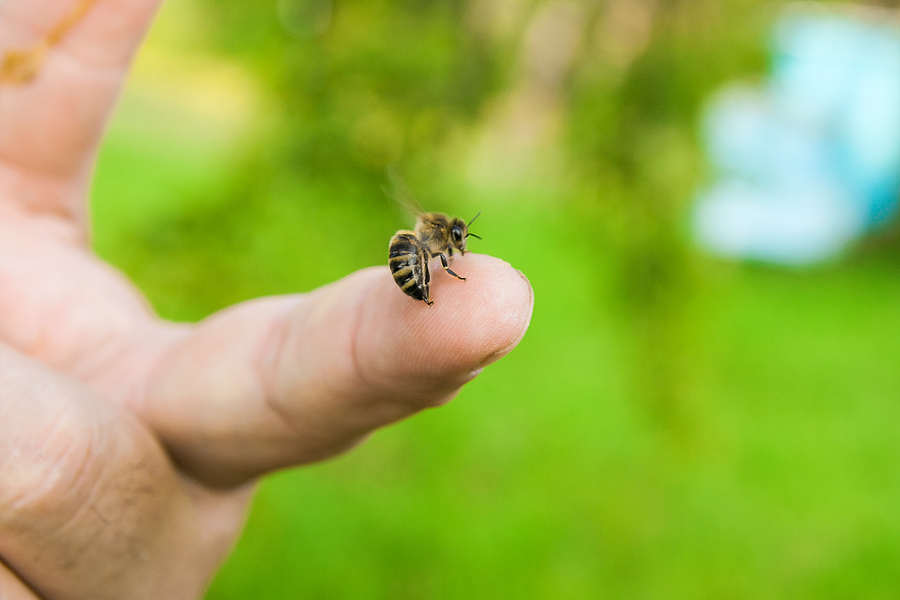Insect bites and stings – how to keep safe
The long-awaited summer is nearly here but accompanying those warm lazy days is a multitude of 6 legged creatures - some of which can bite and sting
Being stung by an insect can be painful and happily, for most of us it’s only a minor irritation, but for those who find themselves allergic, the consequences can be extremely serious.
Warm and rainy days are the perfect breeding conditions for a whole host of insects and in the UK those which will bite or sting include:
- Bees, wasps and hornets
- Gnats, midges and mosquitoes
- Horseflies
- Ticks
- Fleas
- Bedbugs
If you are travelling abroad your list could include spiders, scorpions, snakes and jellyfish so it is definitely worth checking out the local creatures before you go.
Symptoms of bites and stings
Bites and stings leave a puncture would in your skin and some stinging insects will leave behind saliva or venom or even the ‘stinger’ itself. If the stinger is visible in your skin then you should remove it by scraping it carefully from the side with the edge of your fingernail.
There may be some discomfort, redness, itching or swelling from a bite or sting but this will generally improve within a few days without treatment. You can, however, ease the symptoms in the meantime by applying a cold compress or flannel to the affected area and take an antihistamine.
Allergic reaction to a bite or sting
Urgent medical care will be needed if you are allergic as the whole body can react very strongly to a bite or sting within minutes.
A severe reaction can lead to anaphylactic shock which is a medical emergency.
Warning signs and symptoms to an allergic reaction include:
- blotchy or itchy rash anywhere on the body and general redness of the skin
- swelling of the face, tongue, throat or airways
- wheezing or inability to catch their breath
- stomach cramps and nausea
- fast heart rate
- fainting
- a sense of something wrong
If someone knows they are allergic they may have an alert badge with them and an adrenalin pen which can be injected in the arm or leg. Instructions on how to administer adrenalin will be written on the side of the auto-injector pen.
At this point an ambulance must be called. If the person’s breathing stops then chest compressions and rescue breaths – resuscitation – must be started.
If you are anxious about giving mouth-to-mouth to a stranger and are not trained in CPR then you should focus on giving chest compressions.
Put the heel of your hand on the breastbone at the centre of the person’s chest. Place your other hand on top of your first hand and interlock your fingers.

Lean forward so that your shoulders are directly over the patient’s chest and using your body weight (not just your arms) press down on the chest about two inches. Release the pressure, but not your hands, and let the chest come back up.
Repeat this until an ambulance arrives.
Try to give 100 chest compressions per minute. Not sure what that really means? Push to beat of the Bee Gees song “Stayin’ Alive.”
Keeping yourself safe
If you know you are allergic to insect bites or stings then take note of these simple tips from Allergy UK, to keep yourself safe:
- wear a medic alert bracelet or medallion and carry an adrenalin pen if you need one
- tell loved ones, friends, work colleagues of your allergy
- do not drink out of cans as wasps like to crawl inside
- avoid picking up fallen fruit as again there may be a wasp in it
- try not to walk barefoot on grass, particularly if there is clover in it
- wear long sleeves and trousers
- apply insect repellent
- try not to panic if you see a wasp, hornet or bee – do not wave your arms around or try to swat them
Disclaimer
All content on Silversurfers.com is provided for general information only, and should not be treated at all as a substitute for the medical advice of your own doctor or any other health care professional. Silversurfers will not be responsible or liable for any diagnosis made by a user based on the content on www.silversurfers.com and we are also not liable for the content of any external websites or links from or to Silversurfers to any other websites. Please always consult your own doctor if you’re in any way concerned about any aspect of your health
Melina - Assistant Editor
Latest posts by Melina - Assistant Editor (see all)
- Banana bread with SunGold kiwis - February 20, 2025
- A tribute to Bob Marley - February 4, 2025
- Going to Work on an Egg! - January 29, 2025
- The Very Best of Petula Clark - January 14, 2025
- 50 Years of Coat Trends - January 12, 2025




















